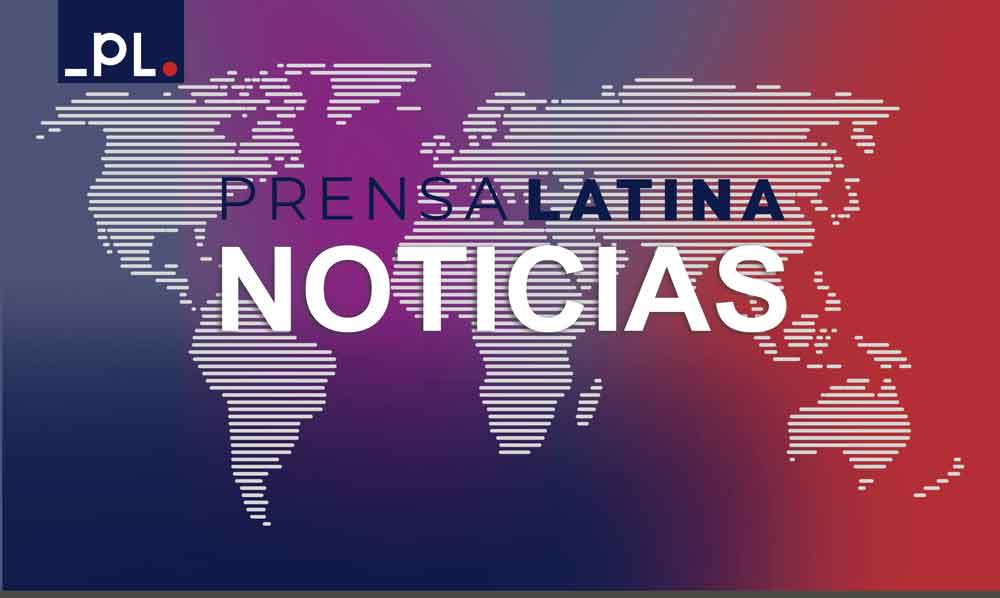The aforementioned document, with 1,168 initiatives in the modalities of cooperation, identified the strategies adapted by the 22 Iberoamerican countries in the pandemic that can guide the response to other global crises such as climate change, biodiversity loss or food insecurity. .
According to the Ibero-American Secretary-General, one of the main contributions of the report is that it shows the strategies promoted by the countries of the region to promote their cooperation.
The data in this 2022 report reflects a significant increase in South-South and triangular health collaborations, which accounted for 25.8 percent of exchanges, an increase of 8.5 points compared to the 17.3 points in 2018.
He also acknowledged the important adaptability of the Ibero-American countries with regard to the cooperation instruments used in times of crisis. With regard to triangular cooperation, the document analyzed a total of 121 initiatives carried out in Latin America in this type of cooperation.
During the meeting, Ibero-American Secretary General Andrés Allamand highlighted the relevance of the report, which he believes has been consolidated as a useful tool that allows countries to manage their cooperation policies and make informed decisions.
«And it projected the essence of Iberoamerica: a supportive region, rich in creative responses and experiences that deserve to be known, and that is precisely why we presented it at our community’s highest event: the Summit of Heads of State. and the government,” he added.
Alongside Allamand, Vice Minister of Economy, Planning and Development of the Dominican Republic, Olaya Dotel; the Director of the Spanish Agency for International Cooperation and Development, Antón Leis, and the Cooperation Director of the Ecuadorian Ministry of Foreign Affairs, Juan Manuel Escalante.
Also the Secretary for Ibero-American Cooperation, Lorena Larios; the coordinator of the Secretariat’s area of social cohesion and cooperation, Martín Rivero; and the main author of the report, Cristina Xalma.
lam/ema

